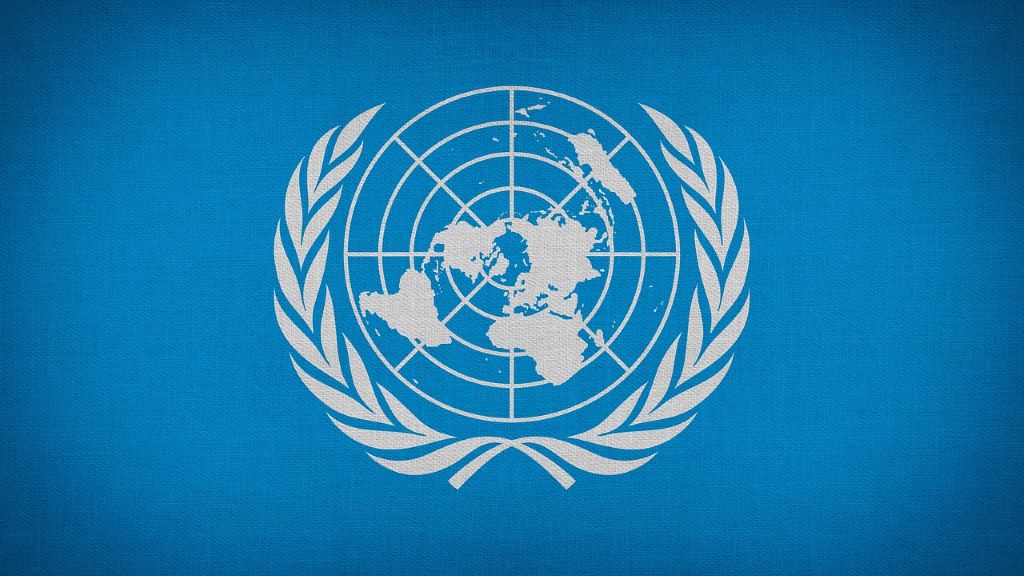The UN passed the first resolution on artificial intelligence worldwide.

UN passed the first resolution on artificial intelligence, a historic resolution on the creation of “safe, secure, and trustworthy” artificial intelligence (AI) systems that would also advance universal sustainable development was adopted by the UN General Assembly on Thursday.
The Assembly also emphasized the respect, protection, and advancement of human rights in the design, development, deployment, and adoption of a draft resolution sponsored by the US without a vote, demonstrating the usage of AI.
The nonbinding resolution, which is co-sponsored by China and more than 120 other countries and was put forth by the United States, also calls for the reinforcement of privacy regulations.
The General Assembly also recognized the potential of AI systems to help and speed up the accomplishment of the 17 Sustainable Development Goals.
The resolution is the most recent in a long line of toothless attempts by governments across the globe to control the advancement of artificial intelligence (AI). These efforts stem from concerns that AI could be used, among other things, to undermine democratic processes, increase fraud, or cause sharp job losses.
This is the first time the Assembly has voted in favor of a resolution governing the newly formed field. According to reports earlier this month, the US National Security Advisor stated that the adoption would mark a “historic step forward” for the responsible application of AI.
“The improper or malicious design, development, deployment and use of artificial intelligence systems … pose risks that could … undercut the protection, promotion, and enjoyment of human rights and fundamental freedoms,” the legislation states. The first comprehensive international agreement on protecting artificial intelligence from rogue actors was presented in November by the United States, the United Kingdom, and more than a dozen other countries. It mandates that companies create AI systems that are “secure by design.”
The Assembly urged all Member States and stakeholders “to refrain from or cease the use of artificial intelligence systems that are impossible to operate in compliance with international human rights law or that pose undue risks to the enjoyment of human rights.”
The resolution took over four months to draft, but according to U.S. National Security Advisor Jake Sullivan, it provided “a baseline set of principles to guide next steps in AI’s development and use” for the world.
The Assembly also acknowledged that countries had “varying levels” of technical progress and that developing nations have particular difficulties in keeping up with the quick speed of invention. It called on stakeholders and Member States to work together and assist developing nations to reduce the digital divide, promote greater digital literacy, and enable them to enjoy inclusive and equal access.
Additionally, the Assembly called on all States, businesses, civil society, research institutions, and the media to create and promote frameworks and approaches for governance and regulations about the safe, secure, and reliable use of artificial intelligence.
“We want it to support future UN efforts, such as the work of the Secretary-General’s high-level advisory body on artificial intelligence and negotiations toward a global digital compact,” she stated.
Additionally, Ms. Thomas-Greenfield emphasized that it is the global community’s duty and chance “to govern this technology rather than let it govern us.”
She remarked, “Let us therefore reiterate that AI will be developed and applied with humanity and dignity, safety and security, human rights, and fundamental freedoms in mind.”